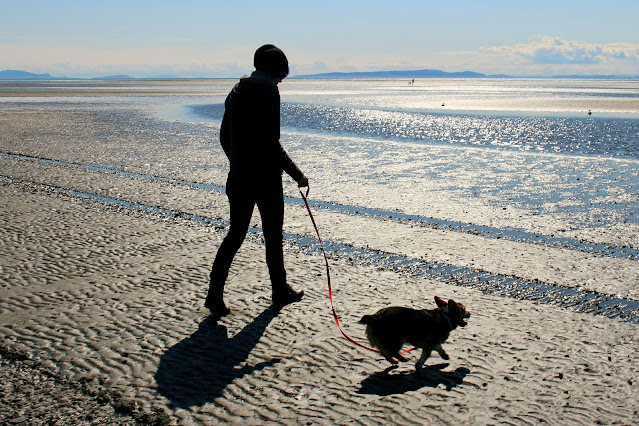by Heather Blithe
I always thought I was doing everything right. I ate my veggies, exercised regularly, and tried to live a healthy and active lifestyle. But something was missing. I couldn't shake the feeling that there was more to life than just being healthy.
In the summer of 2019, I stumbled upon a documentary about the meat industry. I had heard the rumors before, but I had never seen the truth laid out so plainly before me. The cruelty, the suffering, and the environmental destruction. It was all too much for me.
I made a decision right then and there to become a vegan. It was a difficult choice, as I had always enjoyed meat and dairy products. But as I learned more about the benefits of ethical veganism, I knew it was the right choice for me.
At first, it was a struggle. I had to learn new recipes, find vegan substitutes for my favorite foods, and deal with the social stigma of being "the vegan." But as time went on, I began to feel better than ever before. My energy levels soared, my skin cleared up, and I even lost a few pounds.
But the real benefit of ethical veganism was the sense of peace I found. No longer did I feel guilty about my food choices or the impact they were having on the world. I knew that every meal I ate was one that was not contributing to the suffering of animals or the destruction of the environment.
I also found a community of like-minded individuals who shared my values and beliefs. We swapped recipes, shared tips, and supported each other through the struggles of living in a world that often seemed to be against us.
Becoming vegan was not just a dietary change for me. It was a transformation of my entire worldview. I realized that the choices we make every day have an impact on the world around us, and that by choosing to live a vegan lifestyle, I was contributing to a more compassionate and sustainable world for all living beings.
Now, when I look back on my life before veganism, I wonder how I ever could have lived any other way. Ethical veganism has given me a sense of purpose, a sense of community, and most importantly, a sense of peace.

Comments
Post a Comment
We welcome your input!